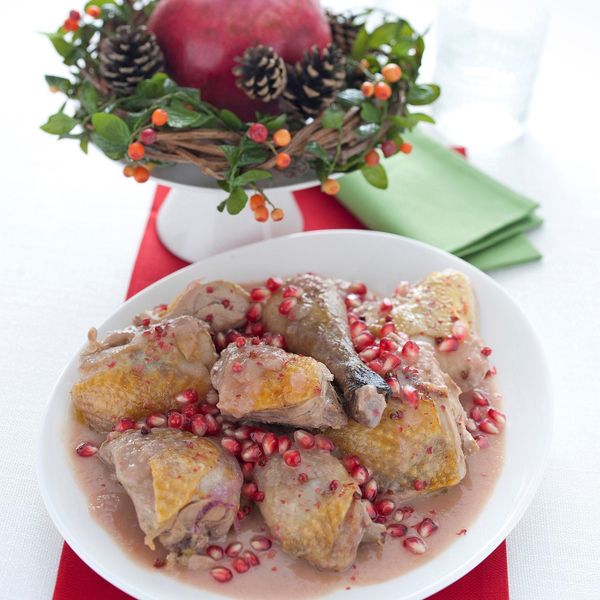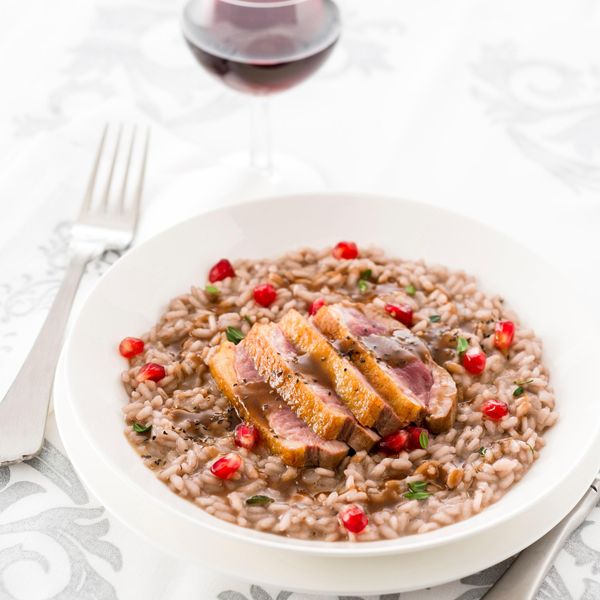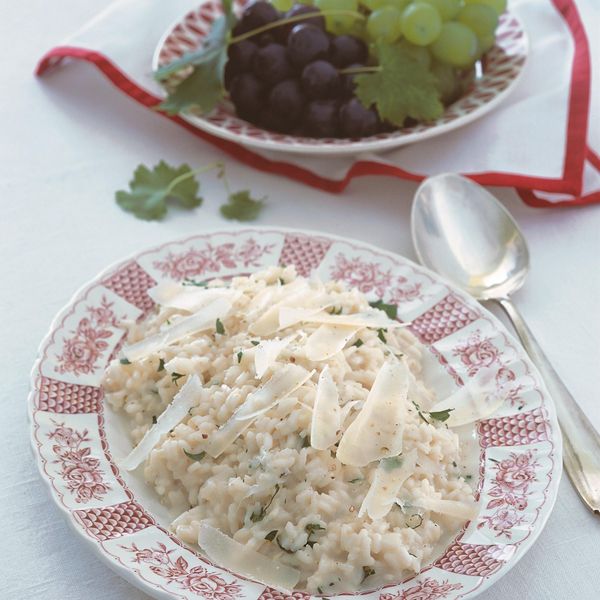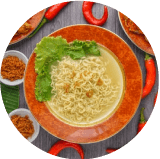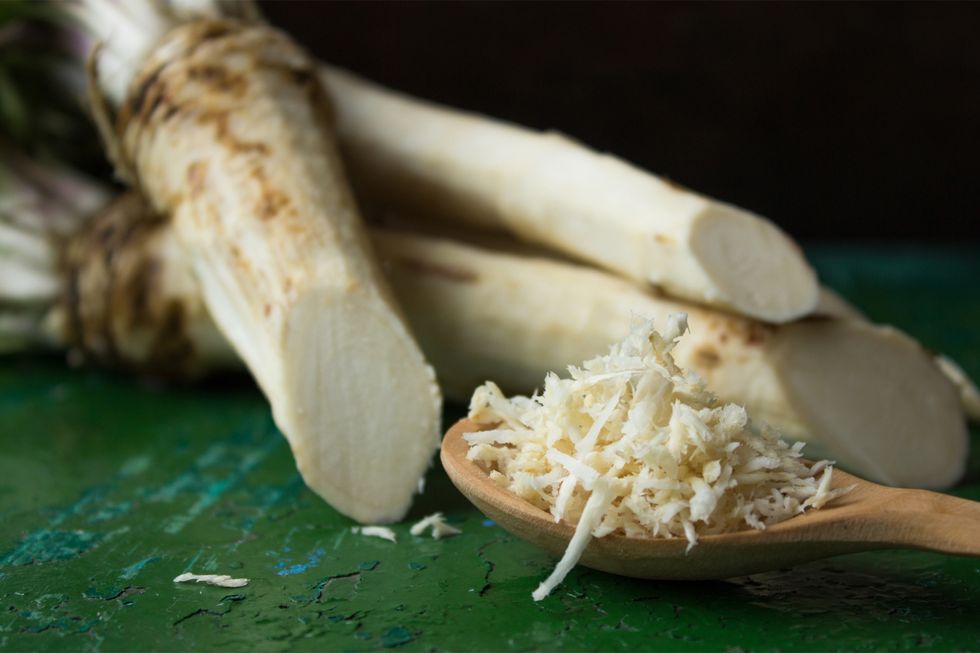
Antioxidant and anti-inflammatory, digestive and detox. Horseradish is an extraordinary ingredient that can take a thousand forms in the kitchen, here are its thousand virtues
It is well known in northern Italy, especially in the Triveneto area, as a condiment or main ingredient of famous sauces, such as the homonymous "horseradish sauce", but it is also appreciated in other cuisines, such as Hungarian, German, Jewish, for strong flavor and the ability to enrich other dishes.
We are talking about horseradish, or Armoracia rusticana, also called horseradish or horseradish, a plant of the Brassicaceae family (such as cabbage and rocket), whose root is very precious for its particular composition, rich in useful substances to combat numerous ailments health (a bit like mustard).
Vitamins and beneficial components
Dr. Francesca Spiga and Dr. Raffaella Melani, nutritional biologists, colleagues for the Kitchens in Synchronous project in depth "It should be emphasized that the horseradish, although often mistakenly assimilated to the Japanese plant Wasabia japonica, to which it is mixed to prepare the famous wasabi sauce for sushi, belongs to a different species. It is rich in vitamin C, with a strong antioxidant power (in fact in the past it was used to fight scurvy) and in flavonoids, including quercetin, known for its anti-inflammatory capacity. Some studies have highlighted an anti-inflammatory mechanism of action similar to that of non-steroidal drugs such as ibuprofen or acetylsalicylic acid, albeit to a much lesser extent. For this activity, it is effective in case of rheumatic pain or muscle tears ".
Properties and disorders for which it is indicated
But among the virtues of horseradish there are also antibacterial properties, which, as Spiga and Melani explain, "derive from allylecompound isothiocyanate, a highly irritating molecule that originates from sinigrin (also regulator of blood pressure), the component responsible for the strong flavor and pungent. This is why horseradish root is used to treat bacterial infections of the respiratory tract such as sinusitis and bronchitis, flu syndromes and seasonal ailments, urinary bladder infections, so much so that it is also known as "garden penicillin".
Other therapeutic virtues
Finally, it has analgesic, detoxifying, diuretic effects, and, like all particularly spicy foods, it has digestive properties (such as dill) because it stimulates the production of gastric juices and the production of bile (for this reason it is to be avoided in case of gastritis, ulcer, gastroesophageal reflux and should still be consumed in moderate quantities).
Gastronomic ideas
And now some ideas for using it in the kitchen. Spiga and Melani suggest “Its very strong, spicy and burning flavor is an excellent accompaniment to dishes based on eggs, fish or meat (in particular with boiled meat). A great way to appreciate it is also on croutons, with butter, known in Trieste as the “butiro col horseradish". However, once grated it is best to use it immediately, since due to its strong antioxidant power, it tends to blacken quickly in contact with the air.

